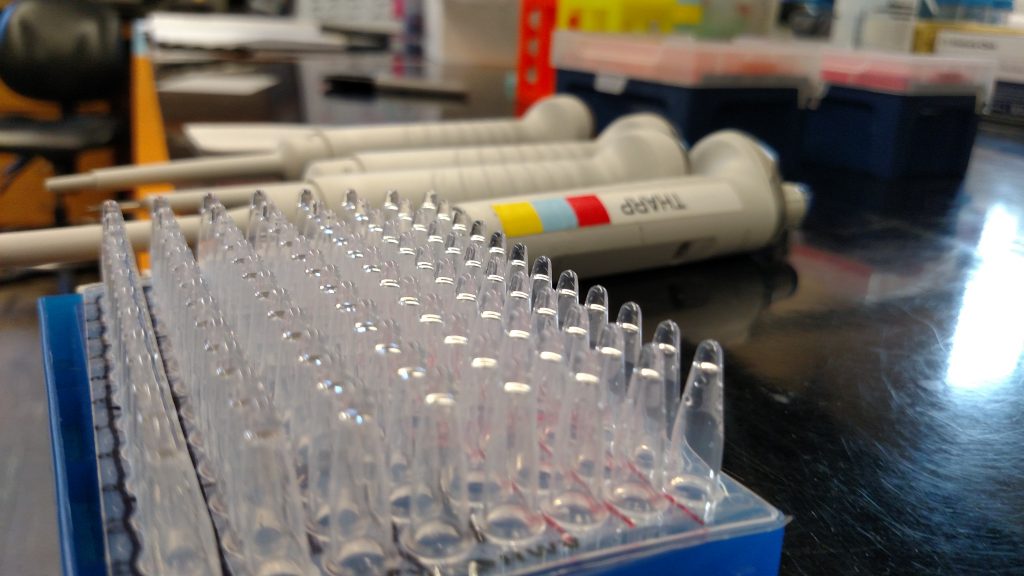The Stahl Lab:
Engineering Lipid Fluxes for Metabolic Reprogramming
Metabolism is a key feature of life itself and the majority of diseases, ranging from cardiovascular disease, to neurodegenerative disorders, cancer, and aging related loss of stem cells, are fundamentally linked to dysfunctional metabolic fluxes. Thus understanding and manipulating metabolic pathways is a promising approach to treat many of our most prevalent and devastating diseases.
The overarching goal of our laboratory is to leverage multi-disciplinary approaches to reengineer lipid fluxes in the context of obesity and diabetes related disorders to protect certain tissues, such as the liver, from detrimental effects of ectopic lipid deposition and to generate metabolically highly active tissues that can serve as a save destination for excess fatty acids. To this end, we are investigating molecular mechanisms governing lipid uptake, particularly for fatty acids and CoQ, hepatobiliary diseases, and adipocyte biology. Toward the later, we have been working on novel bioengineering based approaches to expand and activate brown adipose tissue and to model human metabolic fluxes in physiological and insulin resistant states using multi-organ human iPSC based microfluidic devices. Further, to facilitate the assessment of altered nutrient fluxes in live pre-clinical models, we have been developing and testing novel bioluminescent imaging approaches to quantitatively assess macro- and micronutrients in vivo.


